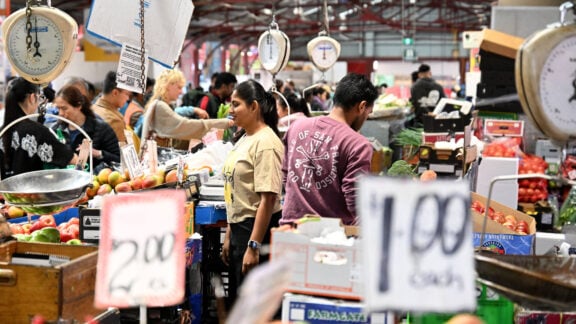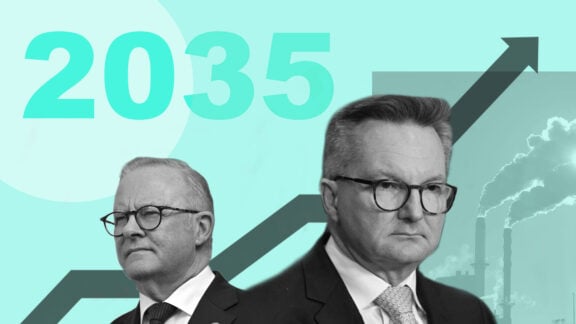Bilingual babies have a much bigger advantage than their monolingual counterparts.
They have improved listening, problem-solving and reasoning skills, all thanks to tackling two languages at once.
New research has shown that from seven months old, a baby can distinguish between, and begin to learn, two languages with vastly different grammatical structures.
Bilingual babies can also easily adjust to environmental changes and have the ability to distinguish and process sounds of foreign languages from very early on.
All of these benefits happen even before they can talk.
Dr Maria Gindidis, a Monash University lecturer in teacher education and unit coordinator languages education has seen this first hand with her Bilingual Bubs program at Protypo Greek Centre.
As the principal of the school for more than 30 years, Dr Gindidis has seen a huge demand in parents seeking bilingual playgroups and teaching environments as more parents become informed of the benefits.
“The greatest gift they’re giving their child is cognitive flexibility,” she tells Neos Kosmos.
“By exposing their baby to different sounds, to different words, what you’re allowing the brain to do is very simply understand that there is more than one way to say something.
“A monolingual child just accepts that this word is, for instance, ‘chair’. Yet a bilingual child will recognise chair as karekla and they’re starting to think, ‘OK, there are two ways to describe something’.”
Having introduced the baby and toddler program to her school five years ago, she’s seen a strong progression in language skills from those students.
“What we’ve seen is an incredible confidence with the language, confidence with using music and taking those risks that you need to.”
Parents from non-ethnic backgrounds are also heading the call. Dr Gindidis says that around 50 per cent of the children enrolled at the school are coming from mixed families. “We’ve attacked a clientèle that is not your usual Greek school clientèle,” Dr Gindidis says.
Even the federal government is trailing a new online language program this year in 40 early learning centres with the hopes of introducing children to languages that are part of the national curriculum.
Dr Gindidis says even by the age of eight, language learning might be too late.
“They’ll never be able to say a strong R sound if they’re introduced to it after the age of eight, because the vocal cords are already formed,” she says.
Demand for her Bilingual Bubs program has reached capacity, with Dr Gindidis now looking for new larger venues to house the parents and children already on the waiting list.
Protypo Greek Centre operates out of Oakleigh Primary School and teaches more than 600 students from infants all the way up to VCE level in Greek.
Classes are held on Saturday mornings for the baby and toddler program, Friday evenings for the years 5-9 students and Monday evenings for VCE students.
For more information, visit www.protypo.com.au or follow the school on Twitter or Facebook.









